|
When we look back at 2023 it was the year of ESG Reporting. The great thing about it is that companies started to take the topic of sustainability seriously and allocated resources to do something about it. And for any sustainability journey, understanding the baseline is important. Though, as Robin Hicks recently pointed out, companies are confused with the selection of standards, information and opinions. For example, calculating a company's carbon can take 2-4 years!
In my experience, this is frustrating and boring. Which leads to dissatisfied shareholders and employees as a lot of effort is put into something that does not generate results. With this we are fuelling resistance that costs energy and reduces productivity. That is why many well-intended sustainability journeys end and are axed. Can we simply not do carbon accounting? No. Does it need to be this cumbersome? No. And here my experience in operational excellence is really helpful. An area where you focus on creating more value with the resource you have based on data and analysis. Let's apply this to ESG improvements as well. Here are some thoughts:
What are in your eyes the key ingredients for a successful sustainability journey? Reference: Eco-Business CSO Survey, Robin Hicks, Jan 2023
1 Comment
This might be one of my rare posts about AI. Yesterday, I was invited by our partner GloCoach to an event to talk about "AI and Organisational Success". Here were some of the proposed questions: Will AI replace our workforce? Or rather, when will AI replace our workforce? And the questions then continued: how will AI replace people? With whom will they be collaborating?
The discussion elaborated that, as any other tech tool, AI will support us humans. The algorithms will fulfil tasks which we are struggling with, for example big data analysis. The automation will allow us to offload mundane and repetitive tasks and to focus on the more value-creating tasks. We humans will (should) always be in control and make the decisions. Automation - as it has been shown in the past with the agricultural, industrial revolutions and photography - will allow us to scale and to provide solutions to 10'000 times more people than we were able before automation. As was discussed during the event, this means that high-level coaching solutions can be provided to a much much wider audience, while the current coachees might still prefer (and able to afford) to be coached by a human (augmented by AI). Here is another idea that came up during the conversations I want to share here. How can we improve business processes with AI? Here we are often in a dilemma... On the one hand, we want to have consistent processes because this will allow efficiency. On the other hand, we are faced with exceptions that don't follow the norm and we need to 'bend' these rules. I am a proponent to switch from 'rules' to 'principles', because principles allow you to understand the underlying reason why we do things and provide us with flexibility which enables us to focus on effectiveness. AI can help here to combine on the one hand the underlying rules of a process with on the other hand specific data about the individual person or item that goes through that process. As a result, we are able to scale individualised iterations of the business process that are more accurate and are at the same time efficient and effective. Examples are individual leave application procedures, 3-D printed items, last-mile package delivery, etc. Where do you see the future of artificial intelligence in your life? CFOs Leading Business Intelligence – Digital Workshop Series in 5 Parts | Q3-Q4 2021
In today’s business world, the markets are changing in an accelerated fashion; customers shift their preferences, supply chains are facing major challenges, and the workforce requirements are evolving. In this context, business intelligence covers a broad range of important topics. Whilst the topics individually are important, it is by connecting them and thinking about business intelligence holistically that CFOs can preside over a best-in-class process which is both effective and efficient. Together with David Newton, we are organising a workshop series called CFOs Leading Business Intelligence. Last week, I talked about decision making in this context. The financial teams are very good at planning and analysing business data. And we need to understand that all these activities are directed at making better business decision and at the betterment of the business we are in. When it comes to decision making, there are two main areas we aim to improve: speed & quality. How often do you experience delays in your decision making process? And, how confident are you that you are making decisions that are solid and considering all the data we have? In my presentation and during the panel, we discuss to major elements: decision making bias and decision modelling. Please enjoy this recording. Next week, we will conduct session for: Change Management. Please sign up with the link! This week the CFOConneX network has launched the first workshop series and I am delighted to be part of this event! Thank you David Newton and the entire team! The entire workshops series is about how CFOs can take a new spin to business intelligence; reflecting on how we are doing business planning, budgeting and forecasting. The first session was giving an overview of what this topic entails. As a change management practitioner, for sure I am looking at the people side of these activities. As a leader we should always think about the why! What is the purpose of financial planning & analysis? In the end we need to make decisions that are pushing our business forward. Here is an extract of the workshop covering this topic. Enjoy! In my presentation I have covered three key aspects:
How do you engage as a CFO with the business and contribute to the overall business success? Agility is often mentioned to be the accelerator for performance. And yes, when introduced in the right way, agile working methods can deliver solutions that are closer to what customers need within a shorter time frame. At the same time, I observe that these benefits are not so easily reached. One crucial component is how we are planning with agility.
Oh, are we still planning in agile? Yes, we do - and in a smarter way. Let me walk you through some steps which are essential for success. In my eyes and also outlined in this McKinsey article: Planning in an Agile Organisation. In a first step, we as a team want to get guidance, a direction where to head to. And with team here, I am referring to any size; this can be a regional leadership team, a functional department, a project team, a smaller operational team, etc. And this guidance is typically expressed in strategic priorities, or as I like to call it meaningful purpose statements or a collective dream. Important for these priorities is that we limit ourselves to five strategic priorities at a time - more will be distracting and the focus will be lost. These meaningful purpose statements are then translated into clear and specific goals for the different teams. And this translation is an effort conducted with the entire team. This allows that the insights from all team members are considered, facilitates the adoption of the goals, and significantly improves motivation and drive. The strategic priorities combined with the specific team goals act then as a clear foundation to make decisions on the team level. The team should be in control how they achieve their goals; this allows them to become independent and self-sufficient. For sure, they will still consider the larger ecosystem they are embedded in. This delegation of control further stimulates the drive and engagement of the team. Alignment is created with the direction. The second important element is transparency. This we will achieve with monthly and quarterly reviews which intend to allocate critical resources based on the achievements, priorities and the goals. As a leader in an agile environment, we are left to focus on two critical activities: guide the teams and develop a clear direction; facilitate experimentation and allocate the right resources. This results in a very different, self-organised path of planning which results in more velocity and value creation. How are you planning in your teams today? Great to read the outcome of an interesting conversation with Rachelle Lee and Michael Zimmel about how innovation and creativity can shape the way finance professionals are looking at their work.
One key pillar for success is understanding how we are creating value for our customers. This starts with exploring who we are creating value for. And then get inspired by their needs and insights. Where are the pain points and how we can we make these groups of people successful. In the past, finance professionals were routinely creating standard reports piling up lagging financial indicators. In today's ever-changing, complex world this is not creating value. I suggest to look at leading indicators that we can directly influence and have an impact on the success we are aiming for. We can see a huge potential for finance teams to tremendously increase the value they can create for their 'customers'. Read more in this interview: The Changing Mandate of Finance. We at Hive17 Consulting are devoted to creating an environment for people to work with passion, engagement and fun via positive leadership and intrinsic motivation. We believe that it takes more than perfect processes, systems, organizational charts and value statements to make your company successful. Our people need to understand, shape and believe in the change journey. And for us, it is clear that this foundation will unleash people’s full potential.
Culture is identified as the major enabler of mastering the digital age - how to drive this cultural change?
a - delegate decision-making and enable all levels in the organisation take managed risks b - customer focus across the entire organisation; understand and design the entire customer journey (and this starts at the initial research when identifying the need for a new purchase) c - connecting people across silos to drive innovation and enable systematic problem solving What do you add to this list? How do you drive your teams into the digital age? |
Subscribe
Receive our monthly themed summaries of our thoughts: click! TimTim is a change practitioner in the area of innovation and excellence. He is working with teams to accelerate innovation, collaboration and agility. Categories
All
Archives
July 2024
|

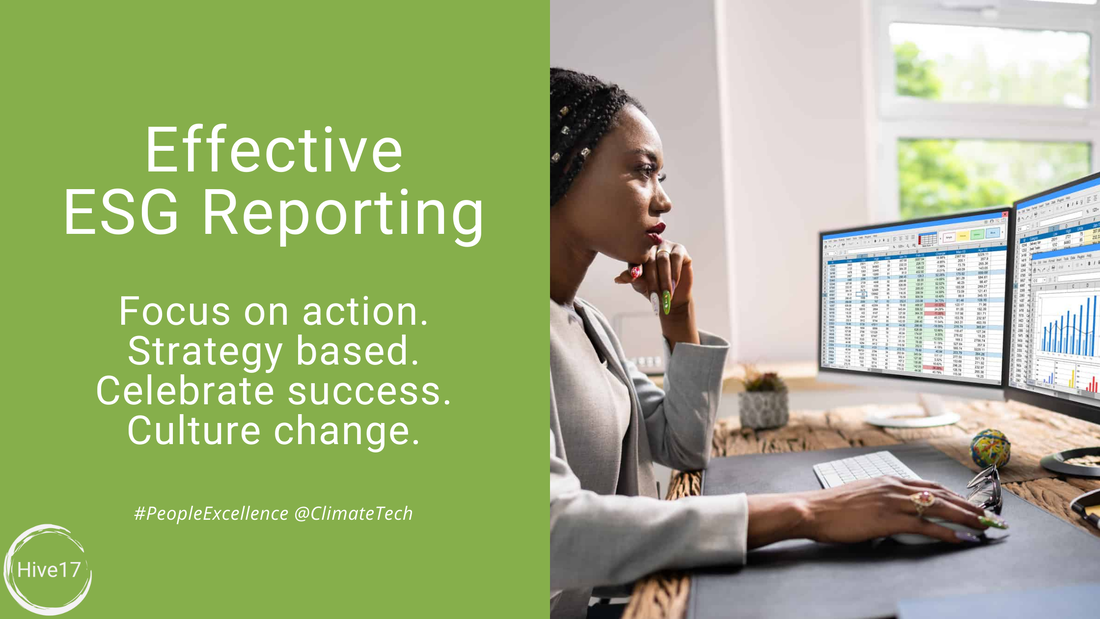
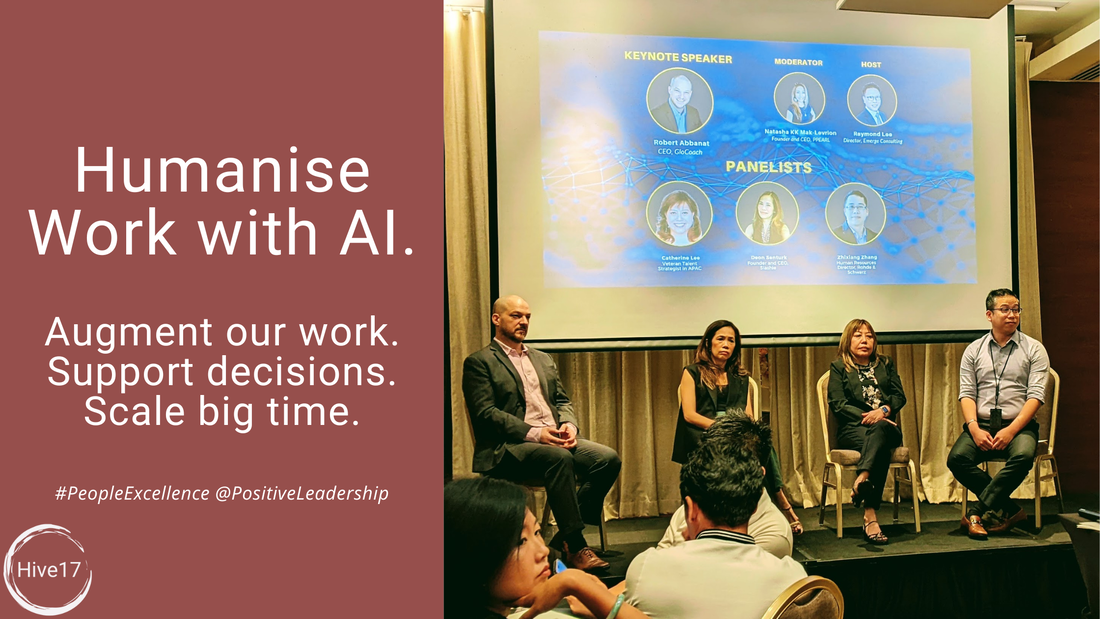

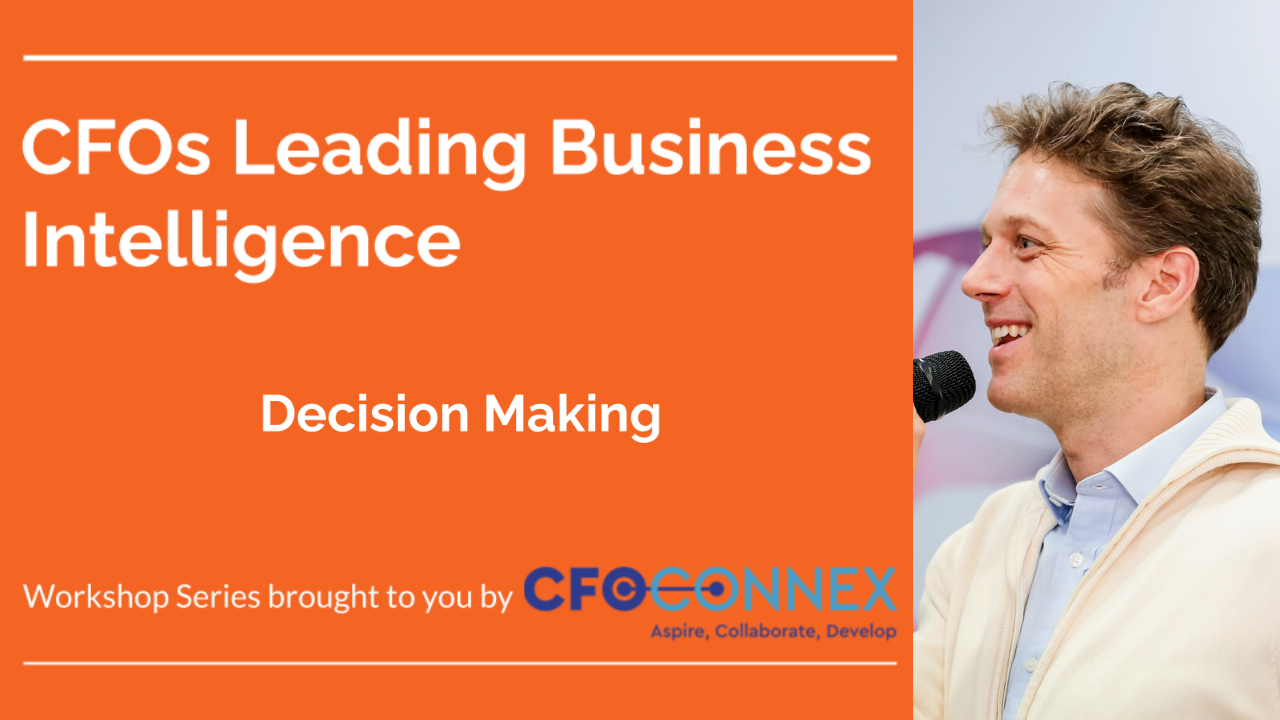
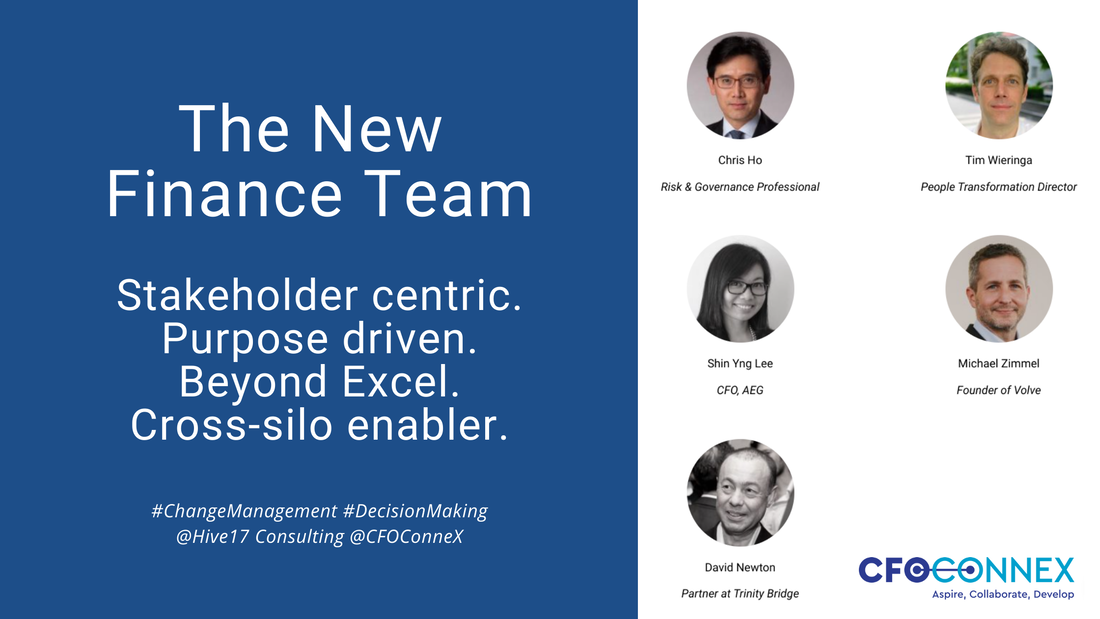
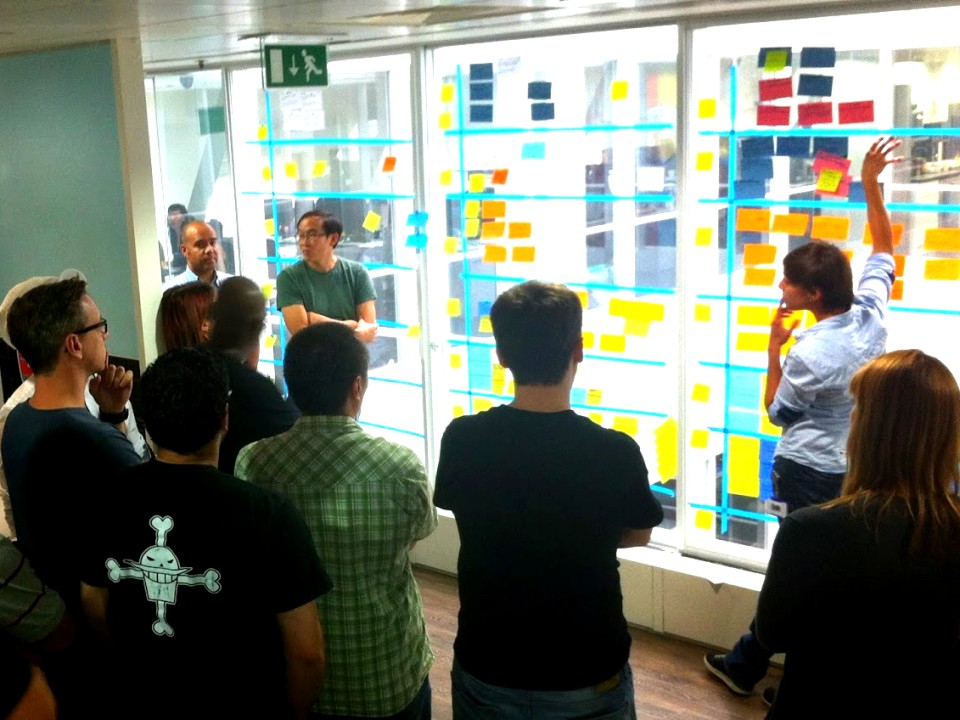


 RSS Feed
RSS Feed